‘I look after the elderly in Britain every day, but I can’t see my own mum’: The African nurses whose parents aren’t allowed to visit
Refusals by Home Office to grant visit visas to elderly African relatives on basis of income potentially unlawful and constitutes racism, immigration lawyers say
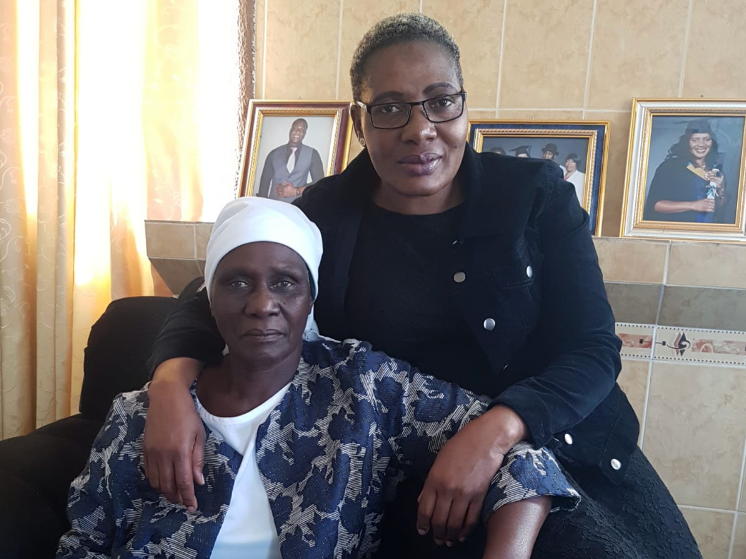
A new toothbrush, a towel and a pile of neatly folded men’s jumpers sit on the bed in the spare room of Cecilia Tipa’s London home, lovingly placed there last month in preparation for her father’s visit to the UK. With them sit a pair of slippers and a straw hat – items to prepare the 85-year-old Zimbabwean native for the unpredictable British weather. Little did she know that a month later they would be gathering dust.
The 60-year-old care home worker, who moved to Britain in 1999, had been looking forward to her father’s visit for months. Paul Tipa, an agriculture worker, has never left landlocked Zimbabwe, so it would be a chance to not only show him around London, but to take him to the seaside for the first time. Plus, he would be able to meet his three-year-old, British-born great granddaughter, Ariella.
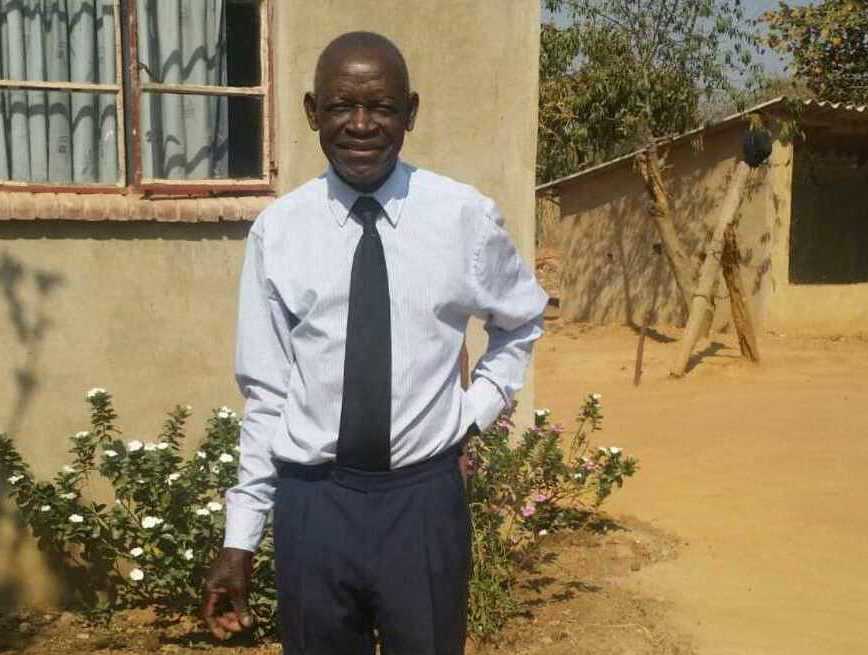
But the Home Office wouldn’t allow it. Refusing his application for a visit visa, the department said that although they were satisfied Cecilia had the means to fund his visit, they did not believe he had sufficient funds to cover the cost that “may occur to [him]”. The refusal letter also stated that it was “unclear” as to why he had decided to take this trip for the first time and that, given this, they were not satisfied that his intentions to visit the UK were genuine.

“I feel it’s so unfair. I felt part of the country, part of the culture. But this really proved to me that I don’t belong. I feel like an outsider,” says Cecilia. ”I have worked so hard, contributed. I am law abiding. I just want him to come this one time. Now I’m going to work and I’m thinking, why am I doing this?
“He is my father. He is the one who gave me the opportunity to be doing what I’m doing here. So he should have the right to visit me. He has no reason to overstay, especially in the cold here. He doesn’t like to be cold.
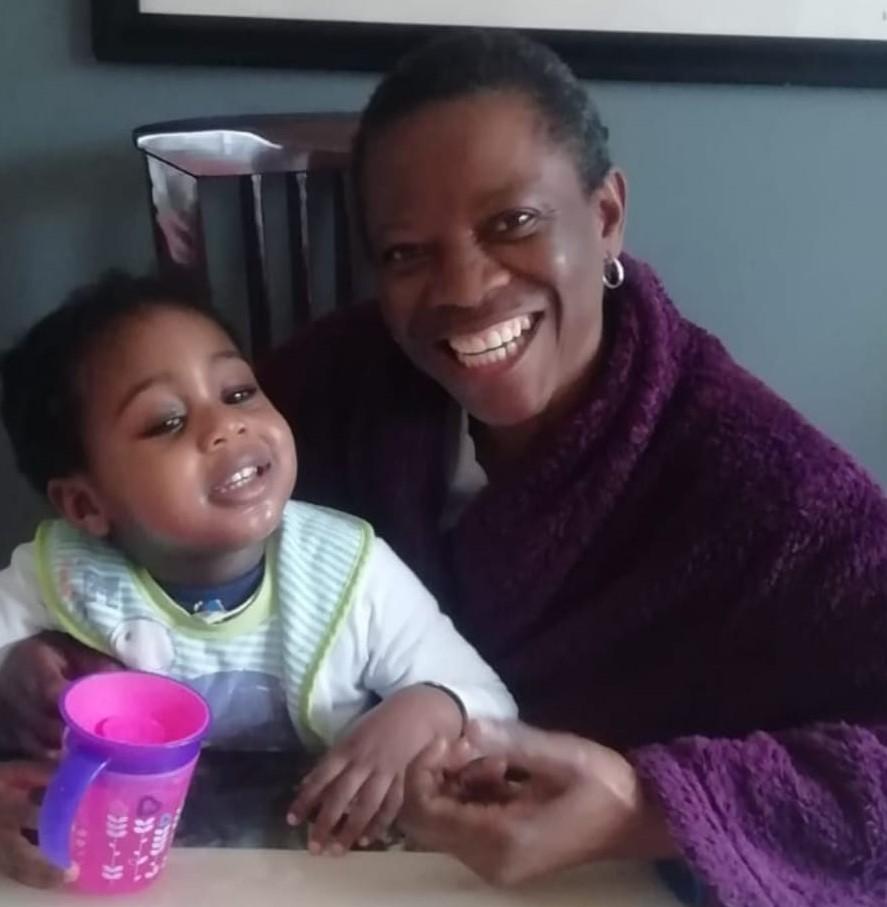
”Caring for elderly patients every day, other elderly fathers, and I am denied the right to see my own.”
Cecilia is one of many African nationals who have lived and worked in the UK for decades, yet have been denied the right to have their elderly relatives visit them on the grounds that their family members do not have sufficient income in their home country.
Lawyers say these refusals amount to a “misapplication” of the immigration rules and are potentially unlawful, as the applicant’s own financial circumstances should be “entirely irrelevant” if a third party – such as their offspring in the UK – has proven they can fund their visit. They also argue that citing their income and background in this way is a form of racism.
It comes amid existing concern about racial bias in the visa system, after a report last month found that African people were more than twice as likely to be refused a UK visa as applicants from other parts of the world.
In another case, Zimbabwean national Spiwe Jaji, 49, who was granted refugee status after coming to the UK in 2002, and has since worked as a healthcare assistant and now a nurse, says she feels “betrayed” by the UK after the Home Office refused her mother’s visit visa for a similar reason.
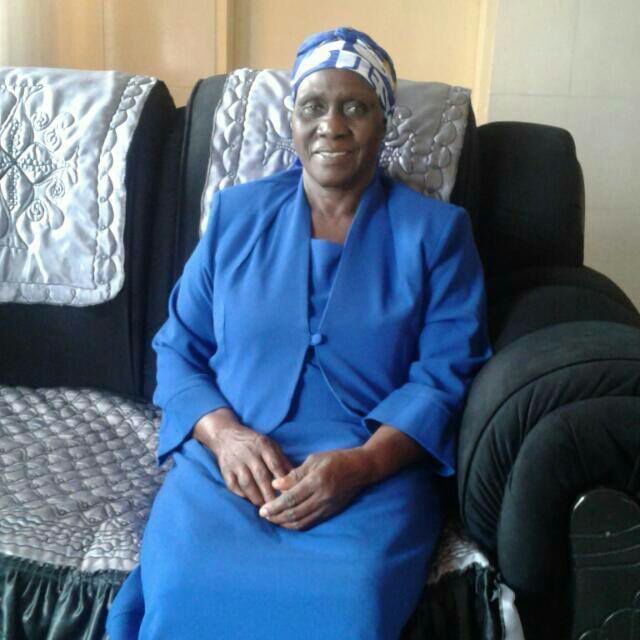
All of her family still live in her home country, and while she has made several visits to see them, it has been limited to two or three weeks due to her limited annual leave. Since her father past away three years ago, she has longed for her mother, 74-year-old Rettia Jaji, a farmer, to spend some time with her in England.
“When I do go home I’m just rushing around seeing relatives. I don’t have time to stay with my mum properly. When my dad passed away I didn’t even have time to get closure,” says Spiwe.
“My mum wouldn’t even want to stay for the full six months of the visa, let alone stay longer than that. She has got livestock. She has been in that village or more than 50 years. How can she abandon it? She goes to see her husband’s grave every day.
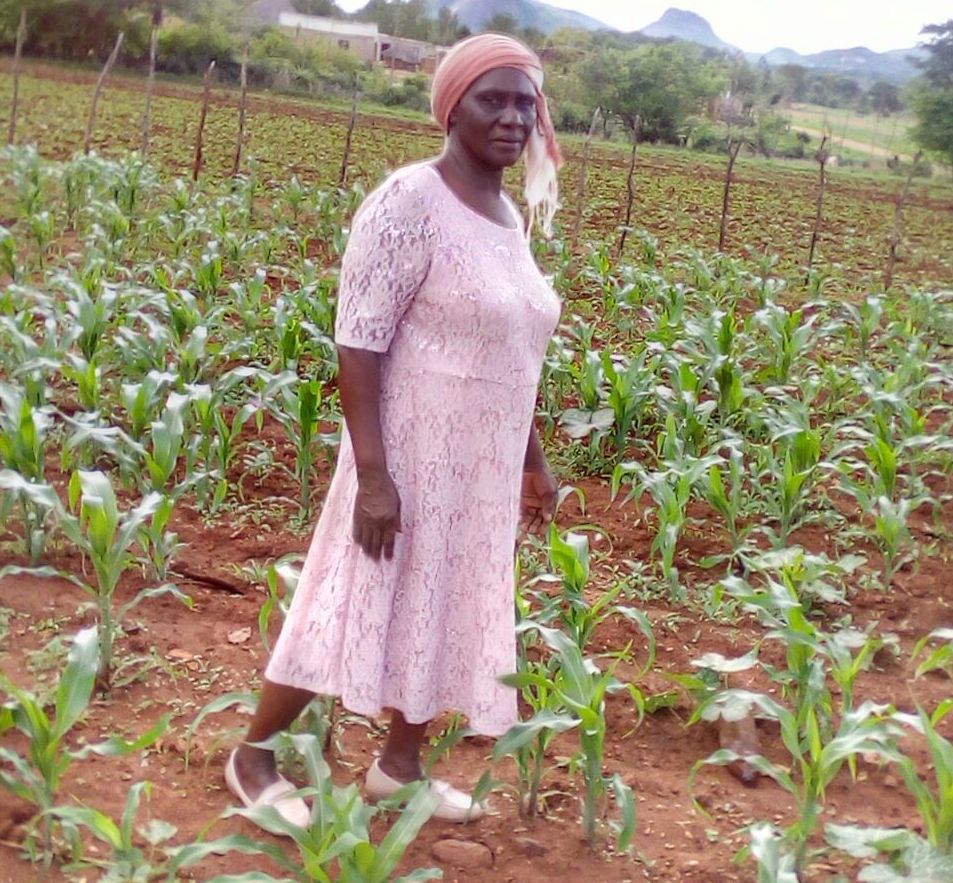
“I look after older people in this country with compassion and love. I see old ladies like my mum every day and take good care of them. But they won’t allow me to have my mum come and just stay with me for even just one or two months.
“It feels like they are racially discriminating against Africans. I don’t think they are even assessing our applications, just denying them.”
In a third case, London-based Nigerian national Elizabeth Ezeronye, who has been living and working in the UK for more than a decade and has British citizenship, says she feels “let down” by the UK government after her 64-year-old mother, Regina Chukwu, was denied a visit visa.
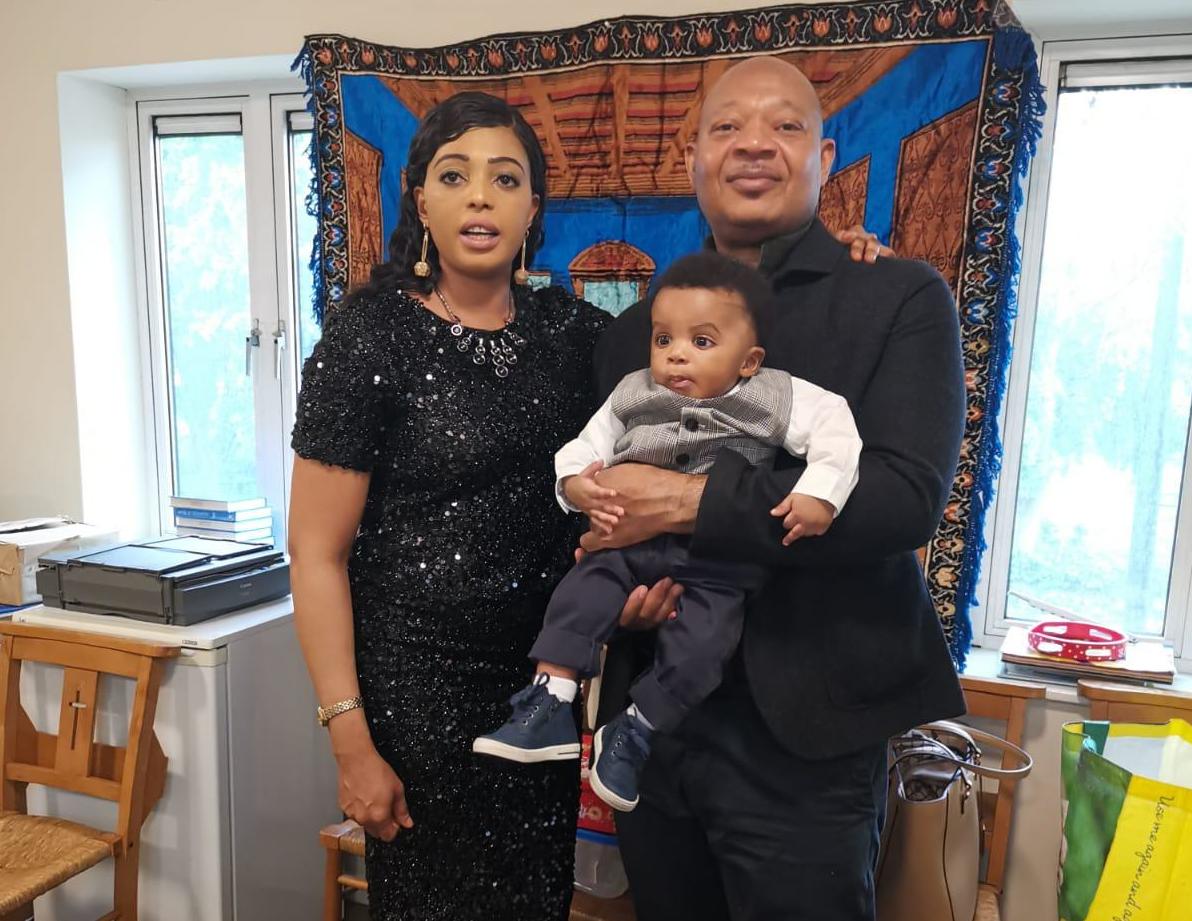
The 34 year old, who works as a team leader in a care home, and whose husband Okezie is a support worker for vulnerable adults, says she wanted her mother to meet her eight-month-old baby, Charles, for the first time and help her to care for the child during the remainder of her maternity leave.
Describing the moment she saw the refusal letter, she says: “I cried. We had provided a letter saying we have a two-bedroom flat and that she was going to stay with us. All the bank statements, pay slips, to prove it. It feels like they didn’t look at any of those documents.
“I work with vulnerable people, and the one thing we ask for, for my mum to visit, on all our expenses. Is it because she’s an African? Because she’s Nigerian? I don’t know. It feels racist and unjust.
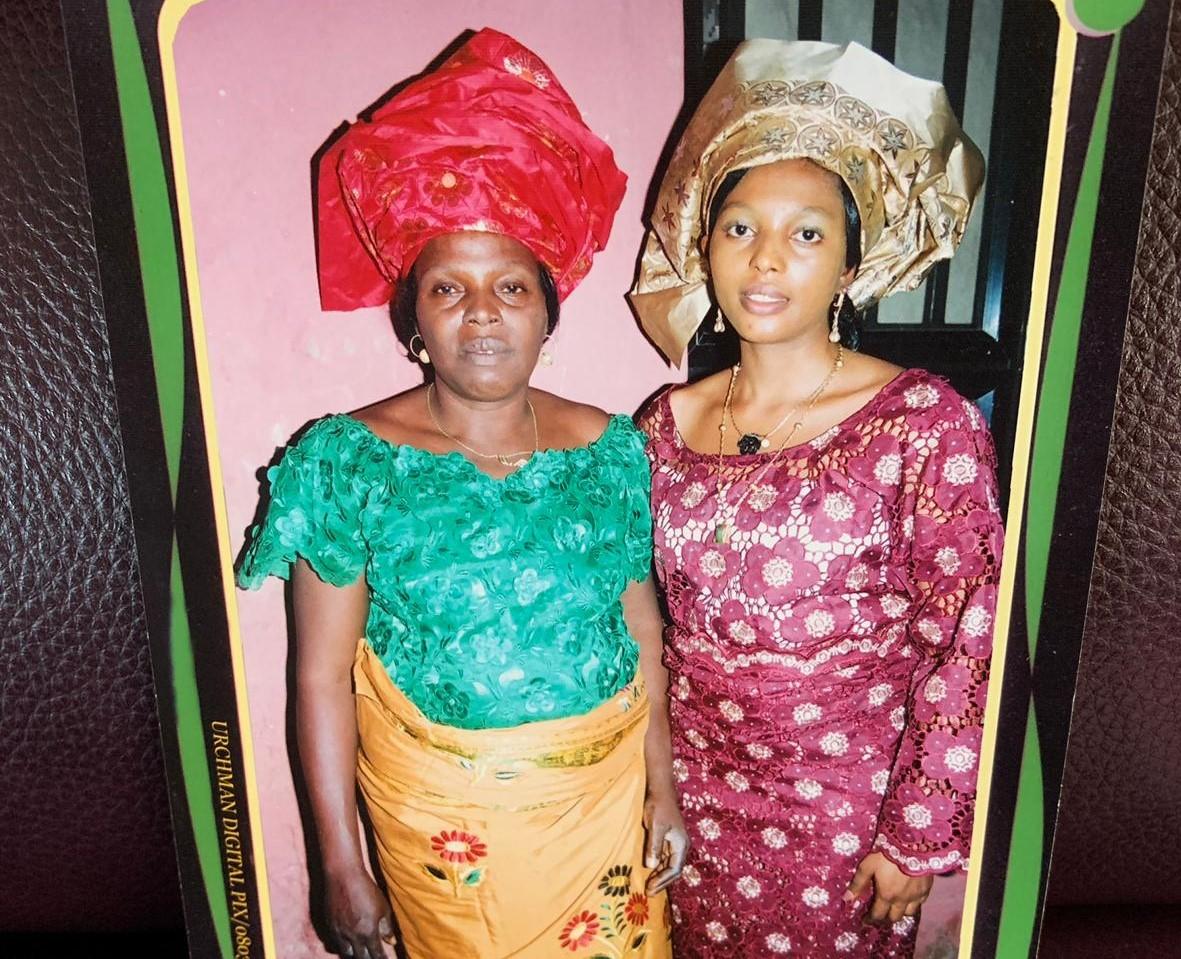
“I treat vulnerable people everyday. It is my passion. I give back to the system. I have been loyal to the country, a law-abiding citizen, But when I ask them for one thing, for my mum to come visit, it is refused.”
Elizabeth says she wishes to challenge the decision, but that she couldn’t afford to pay a solicitor, adding: “Now that I’ve got my bundle of joy, they treat me this way.”
Human rights barrister Jan Doerfel said that such cases are “not uncommon”, and accused the Home Office “systematically misapplying the rules and rendering them more restrictive”, which he said in turn undermined the rule of law and constituted racism.
“When there is a reason for a visit and there are finances available, then a visa should be granted. But they’re saying you are too poor to intend to return. And that is racism,” he says. “It directly discriminates on the basis of income, and it indirectly discriminates on the basis of country or origin, which amounts to racism.
“Income should be irrelevant when you’ve got someone paying for your trip. It’s not in the immigration rules that if you earn less than ‘X’ you can be refused.
“It stems out of the hostile environment. We used to call it a 'culture of disbelief', but I think it’s a refusal culture, because it’s not that they don’t believe it.”
A Home Office spokesperson said: “All cases are considered on their individual merits and on the basis of the evidence available, in line with the immigration rules.
“We are clear that applicants must be able to maintain and accommodate themselves during their visit without working, and prove that they have a genuine intention to leave the UK.”
Join our commenting forum
Join thought-provoking conversations, follow other Independent readers and see their replies
Comments
Bookmark popover
Removed from bookmarks